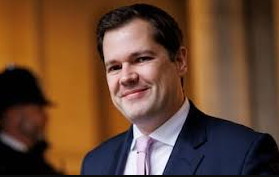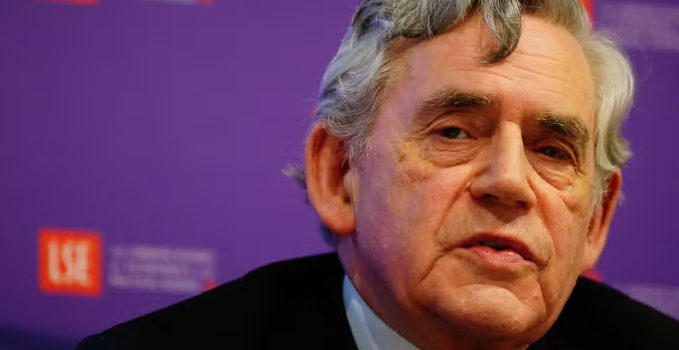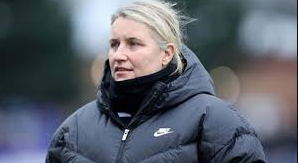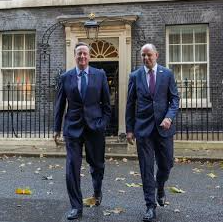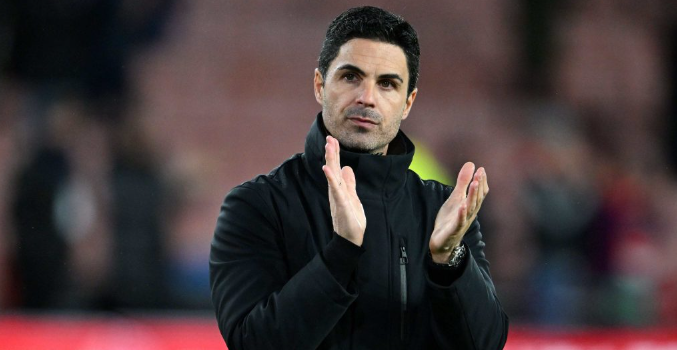Limited Reforms for Leasehold Flats Leave Many Homeowners Concerned
The government’s Leasehold and Freehold Reform Bill, introduced in the King’s Speech, marks a significant step towards changing the property landscape in England and Wales. While the legislation promises to ban the creation of new leasehold houses, excluding flats from the scope of these reforms has left many urban homeowners feeling ignored.
The bill proposes a halt to new leasehold houses, with the exception of special cases, and sets in motion plans to simplify the process for leaseholders to either extend leases or purchase freeholds. However, flat owners, who represent the majority of leaseholders in cities like London, have been left without similar protections. According to Jeremy Leaf, an estate agent in North London, “Flat owners, particularly those dealing with cladding issues and soaring ground rents, have just as much need for change as house owners.”
While there is recognition that the current leasehold system entraps many homeowners, the proposed reforms only partially address these issues. The bill includes a proposal to cap ground rents for existing leaseholders, which will prevent the problematic practice of charging increasing rents without providing any corresponding benefits or services. Moreover, it aims to standardise lease extensions by extending terms from 90 to 990 years, with a reduction in ground rent to zero. This would provide leaseholders with a clearer, more secure path to ownership.
The government also plans to simplify the process for leaseholders in mixed-use buildings—where residential properties share space with commercial units—allowing them to buy their freeholds or manage their buildings more easily. Currently, such leaseholders face significant restrictions, especially in buildings with more than 25% non-residential space.
However, despite these positive steps, many critics argue that the bill does not go far enough. Linz Darlington, founder of Homehold, a lease extension consultancy, pointed out that the government’s promises remain incomplete. She argued that more comprehensive action is needed to fully address the challenges that both new and existing leasehold flat owners face, particularly in light of issues like escalating service charges and leasehold sales that often trap homeowners in long-term contracts.
In fact, the bill does not tackle the core issue of the leasehold system itself: the difficulties flat owners face in buying their freeholds or obtaining fair lease extensions. This is especially problematic for homeowners who are struggling with rising ground rents that can double at regular intervals. In some cases, flat owners face extortionate costs to buy their freeholds, with one example highlighted in the government’s own report showing a homeowner who had been quoted £25,000 to extend a lease on a flat they had bought in 2008.
Despite these limitations, there is some optimism that the reforms will make it easier for future leaseholders to secure their homes. For instance, the bill includes a provision that would remove the requirement for a leaseholder to have owned their property for two years before qualifying to extend their lease or buy their freehold. This would make it easier for people to gain security of tenure and avoid the trap of rising ground rents.
While the government’s plan to cap ground rents for new leaseholders is welcome, experts such as Mark Wilson of MyLeasehold remain cautious about the bill’s ability to truly overhaul the system. “Reform of leasehold is undoubtedly needed, but we must approach it with care,” he said. “Otherwise, we risk creating confusion and further complications for homeowners.”
For now, the future of leasehold reform remains uncertain, with many hoping that further changes will be made to address the unique challenges faced by flat owners. As the bill moves forward, it remains to be seen whether it will be enough to satisfy those advocating for a complete overhaul of the leasehold system.








